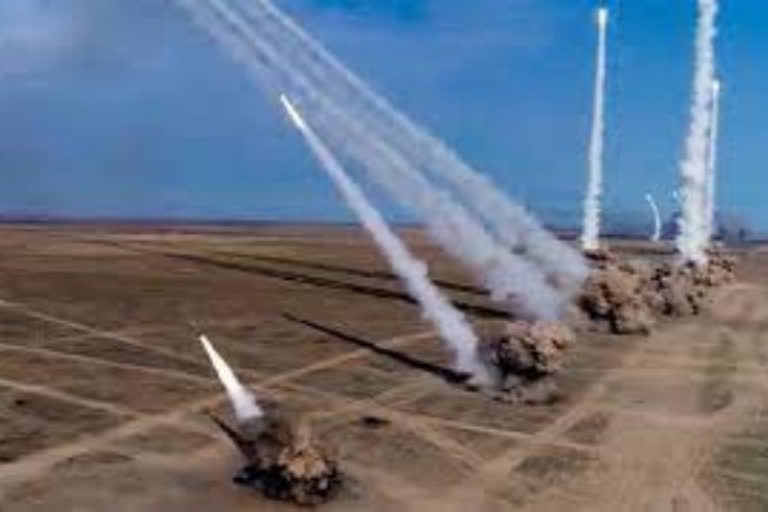New Delhi: Ukraine informed the International Atomic Energy Agency (IAEA) that missiles hit the site of a radioactive waste disposal facility in Kiev on February 26 night, but there were no reports of damage to the building or any indications of a radioactive release, Director General Rafael Mariano Grossi said.
The State Nuclear Regulatory Inspectorate of Ukraine (SNRIU) told the IAEA that both its communications with the facility--the Kiev branch of the State Specialised Enterprise 'Radon'--and the radiation monitoring system at the site had been restored on Sunday morning.
SNRIU said it expects to soon receive the results of on-site radioactive monitoring. Staff at the facility were forced to take shelter during the night, but could later assess the situation.
The incident came a day after SNRIU said an electrical transformer at a similar disposal facility near the north-eastern city of Kharkiv had been damaged, also without any reports of a radioactive release. Such facilities typically hold disused radioactive sources and other low-level waste from hospitals and industry.
“These two incidents highlight the very real risk that facilities with radioactive material will suffer damage during the conflict, with potentially severe consequences for human health and the environment,” Director General Grossi said.
Read:Anti-Russia protests held in UK in support of Ukraine
“Once again, I urgently and strongly appeal to all parties to refrain from any military or other action that could threaten the safety and security of these facilities,” he added.
While these disposal sites do not contain high-level radioactive waste, the stored and disposed radioactive waste can still cause a serious radiological impact event, underlining the necessity to protect them, the Director General said. He praised the SNRIU and staff at the affected facilities for their vigilance and courage in ensuring continued safety and security.
The IAEA continues to closely monitor developments in Ukraine, with a special focus on the safety and security of its nuclear power reactors. The IAEA remains in constant contact with its counterpart and provides regular updates on the situation in Ukraine.



